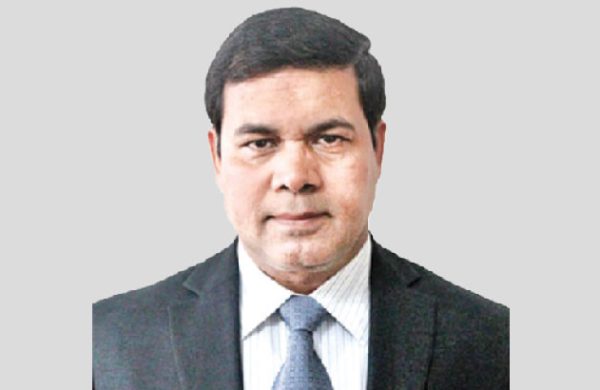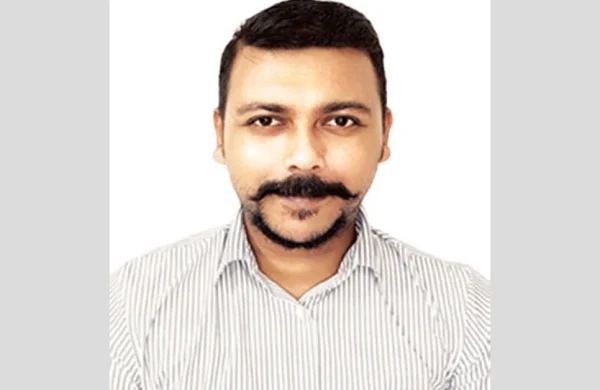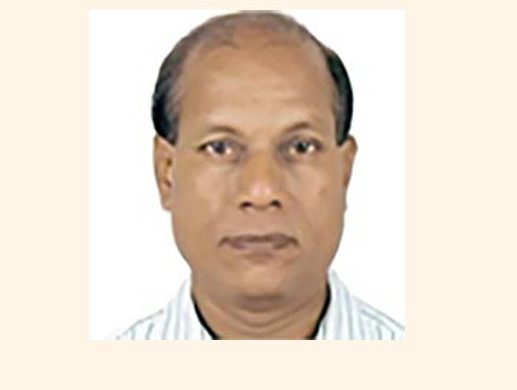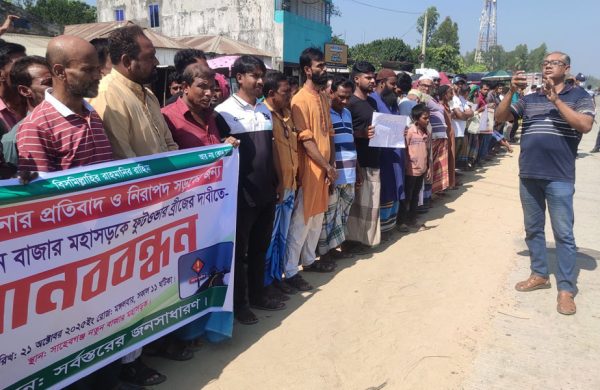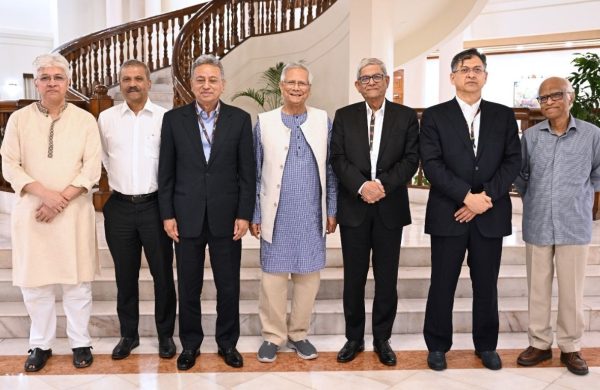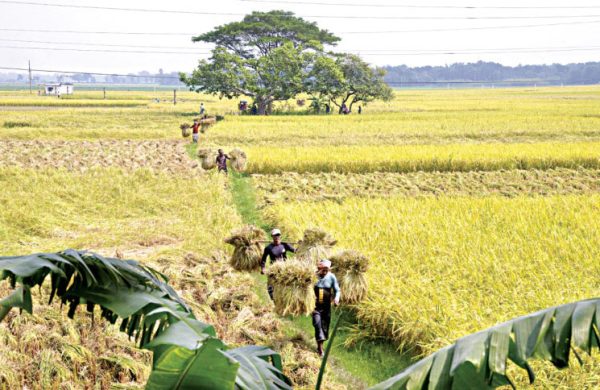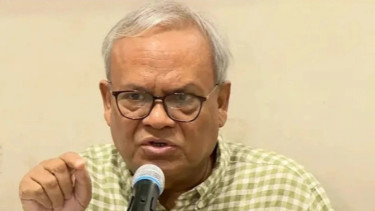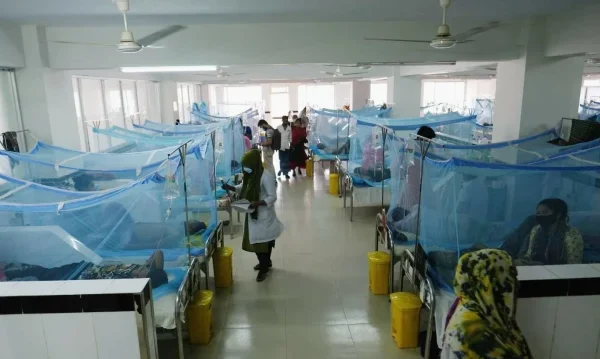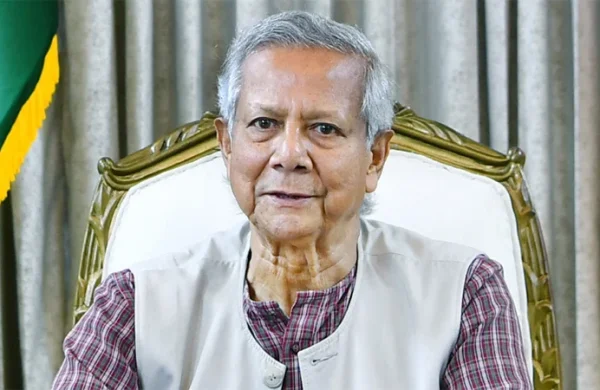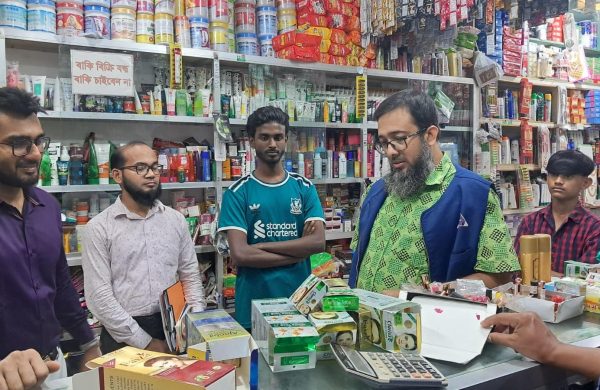Arakan Army must protect the Rohingyas
- Update Time : Thursday, January 23, 2025
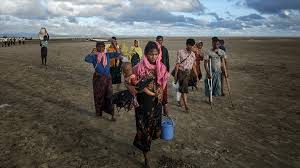
—Md Himel Rahman—
On 17 December 2024, the Arakan Army reportedly burned down Rohingya villages and wards in the Maungdaw Township in Myanmar’s Rakhine State, and similar incidents occurred in the Buthidaung Township on 20 December. This reflects a recurring pattern in the behaviour of the Arakan Army towards the Rohingyas since May, when they captured the Buthidaung Township from the Tatmadaw – the Myanmar Armed Forces. In early December, the Arakan Army established full control over the Maungdaw Township, and through this, they now exert complete control over the Rohingya-populated northern Rakhine State. However, their treatment of the Rohingyas have prompted 28 Rohingya organisations to release a joint statement on 23 December directed at the Arakan Army, urging them to promote justice, equality, peaceful coexistence, and inclusive governance in Arakan State.
CONFLICT WITHIN A CONFLICT: RAKHINE-ROHINGYA TUSSLE
Historically, the Rakhine State, formerly known as Arakan, has been populated by ethnic Rakhines, who are concentrated in the centre and the south, and ethnic Rohingyas, who are concentrated in the north. Since the independence of Myanmar in 1948, both Rakhine and Rohingya ethnic armed organisations (EAOs) waged insurgencies against the Myanmar government for autonomy or outright independence. At the same time, however, hostilities between the Buddhist-majority Rakhines and the Muslim-majority Rohingyas resulted in inter-ethnic clashes and bred further animosity between the two, which has been cynically exploited by the Myanmar government to maintain control over the restive region.
However, the Rakhine nationalist Arakan Army currently controls more than 80% of the Rakhine State, one township in the neighbouring Chin State, and the entire Myanmar–Bangladesh border, thus being the de facto authority in the Rakhine State. Meanwhile, in an act of supreme cynicism, the embattled Myanmar government, occupied with a number of other fronts and facing manpower shortages, employed ‘divide and rule’ strategy by forcibly recruiting many Rohingyas in collaboration with Rohingya EAOs. This, coupled with conflict over the acquisition of the Tatmadaw’s abandoned arsenal, sparked a mini-war between the Arakan Army and the Rohingya EAOs. Subsequently, the Arakan Army has engaged in acts of atrocities, including murder, arson, and extortion, against the Rohingyas, resulting in the influx of more than 70,000 Rohingya refugees into Bangladesh, where more than 1.3 million Rohingya refugees are already residing.
CAUGHT BETWEEN IMAGE AND REALITY: ARAKAN ARMY’S MORAL-POLITICAL DILEMMA
The Arakan Army’s treatment of the Rohingyas poses a genuine humanitarian challenge, and creates a moral and political dilemma.
First, the Arakan Army aspires to govern the Rakhine State, and has positioned itself accordingly. Their vision for the future of the Rakhine State, popularly known as the Arakan Dream, calls for the creation of a self-governing Arakan for all inhabitants of the Rakhine State. The Arakan Army and its political wing United League of Arakan (UAA) have attempted to build rudimentary institutions and gain legitimacy in the regional and international sphere.
However, their current treatment of the Rohingyas resembles that of the Tatmadaw in previous decades. The Arakan Army has portrayed its war against the Tatmadaw as a struggle against decades-long oppression, discrimination, and exploitation. Hence, the Arakan Army’s reported atrocities against the Rohingyas would damage their reputation as an anti-junta and pro-democratic group, and their claims of being representative of all inhabitants of Arakan would be questioned.
Second, while some Rohingyas have fought against the Arakan Army willingly and/or unwillingly, there can be no justification for committing atrocities against all Rohingyas. Since the Arakan Army seeks to represent the Rakhine State, it should protect all inhabitants of the region, and would be held accountable for any maltreatment of minorities. Also, if the Arakan Army wants to maintain peace and tranquility in a post-Tatmadaw Rakhine State, it cannot alienate the Rohingyas, who constitute a significant part of the region’s population. From a political viewpoint, it is unwise for them to fight against each other.
Finally, the Arakan Army’s treatment of the Rohingyas would erode their credibility and legitimacy in the eyes of international actors, particularly the Western World. Furthermore, the latest influx of Rohingya refugees into Bangladesh, with which the Arakan Army-controlled Rakhine State shares its primary land border, is unlikely to be received well in Dhaka, which is already shouldering the burden of more than 1.3 million Rohingya refugees. It is in the Arakan Army’s best interests to maintain a clean image before the international community and to cultivate good, or at least working, partnership with regional actors, including Bangladesh. For this, the Arakan Army should protect the Rohingyas in its territory.
Viewed from a moral-humanitarian perspective, the Arakan Army should immediately stop all acts of atrocities against the Rohingyas in northern Rakhine State. In order to develop a peaceful, secure, and sustainable statelet, the Arakan Army would require the cooperation of the Rohingyas and the goodwill of the international and regional actors. Hence, the leadership of the Arakan Army should immediately stop all atrocities against the Rohingyas, punish the culprits, and offer equal protection to all inhabitants of the Rakhine State.
———————————————
The writer is a Dhaka-based freelance analyst on international and strategic affairs.


